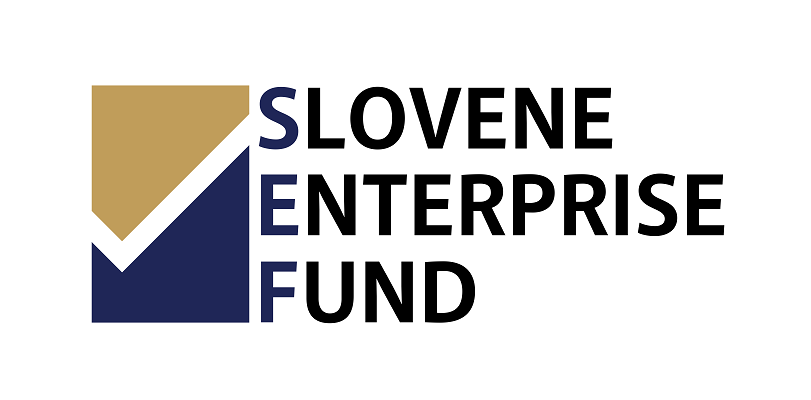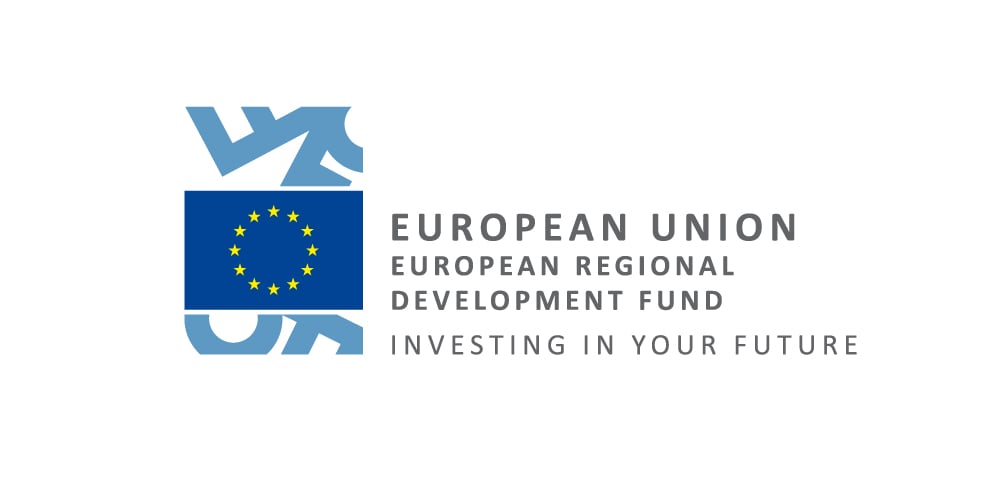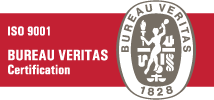The new year is the perfect time for fresh starts, new business opportunities, and setting goals for the future. Meetings are central to achieving these objectives, but how can you ensure they are effective, inspiring, and focused on success?
This article shares in-depth tips and strategies for running productive meetings that boost team confidence, enhance collaboration, and help you close deals.
1. A Clear Purpose: Why Are We Meeting?
Every meeting should have a clearly defined purpose. Without one, there’s a risk of wasting participants’ time. For example, if the goal is to analyse last year’s performance, avoid veering into future project discussions — those can be scheduled for a separate session.
Achieving Clarity:
- Agenda: Share a detailed agenda outlining key topics and objectives with attendees beforehand.
- Preparation: Inform participants of any materials they should review or bring to ensure focused discussions.
- End Goal: Conclude each meeting with a clear outcome, such as decisions, tasks, or agreements.
2. Set Clear Goals
Vague objectives lead to unproductive meetings. If attendees don’t understand the desired outcome, discussions can become scattered.
Why Goals Matter:
- Measurability: Clear goals allow you to evaluate the meeting’s success.
- Guidance: Well-defined goals keep discussions on track.
- Motivation: Participants are more engaged when their input directly contributes to a tangible result.
Example: Instead of saying, “Let’s talk about improving sales processes,” say: “Let’s identify three key actions to boost sales efficiency in Q1.”
3. The Right People in the Room
Having too many people in a meeting can dilute its effectiveness, while too few can leave crucial voices unheard. Invite only those whose participation is essential.
Building the Optimal Team:
- Decision-Makers: Include individuals with the authority to make key decisions.
- Executors: Bring in those responsible for implementing agreed-upon actions.
- Experts: If specific expertise is required, invite subject matter specialists for relevant parts of the meeting.
Smaller, focused teams often lead to more productive discussions and better outcomes.
4. Time is Precious — Use It Wisely
Poor time management is a common cause of unproductive meetings. Spending too much time on one agenda item can derail the entire session.
Optimizing Time:
- Time Limits: Assign a specific time frame to each topic and use a timer.
- Moderator: Appoint someone to steer discussions and ensure the meeting stays on schedule.
- Structure: Divide long meetings into shorter segments with breaks to maintain participant energy.
5. Summarize and Take Action
Meetings without clear conclusions are missed opportunities. Summarizing decisions ensures alignment and clarity on next steps.
How to Summarize Effectively:
- Action List: End each meeting by outlining all decisions and tasks.
- Task Assignment: Clearly assign responsibilities and deadlines.
- Minutes: Send a concise summary of key points and responsibilities to all attendees promptly.
6. Leverage Technology — But Don’t Overdo It
Digital tools like Zoom, Microsoft Teams, or Google Meet are invaluable. However, technological glitches can waste time and cause frustration.
Tech Tips:
- Testing: Test equipment and connections beforehand.
- Visual Aids: Use graphs and visuals to support your points.
- Backup Plan: Have an alternative, such as a phone call, in case of tech failures.
7. Consider Cultural Differences in International Meetings
When working with global partners, be mindful of cultural nuances that could affect communication.
Practical Tips:
- Timing: Account for time zones and select a convenient hour for all attendees.
- Formality: Adapt the meeting tone based on cultural preferences for formality or informality.
- Translation: Arrange translation services if necessary to ensure clear communication.
8. Encourage Collaboration and Creativity
Meetings are an opportunity to foster teamwork and innovation. Encourage open dialogue and the exchange of ideas.
Fostering Engagement:
- Questions: Ask open-ended questions to prompt thoughtful discussion.
- Idea Sharing: Create a safe space for participants to voice their ideas without fear of criticism.
- Visualization: Use whiteboards or digital brainstorming tools to visualize concepts.
9. End with Inspiration
A positive closing leaves participants motivated and eager to act on decisions.
Inspirational Closures:
- “Thank you for your contributions today — let’s make this year our most successful yet!”
- “Together, we’ve made a strong start — let’s carry this momentum forward.”
Start the Year with Effective Meetings
The new year is a perfect opportunity to refresh your approach to meetings. Clear goals, time management, and collaboration are the keys to success.
How do you run successful meetings? Share your tips and experiences in the comments!













Add new comment